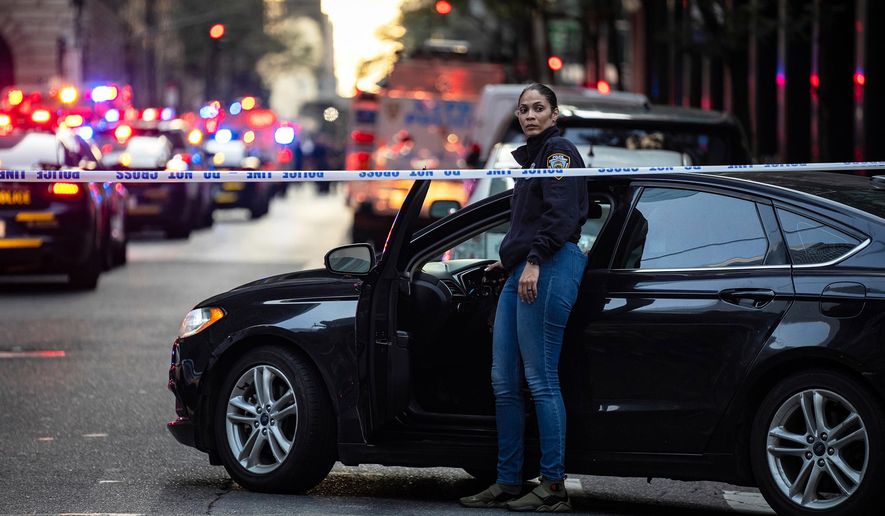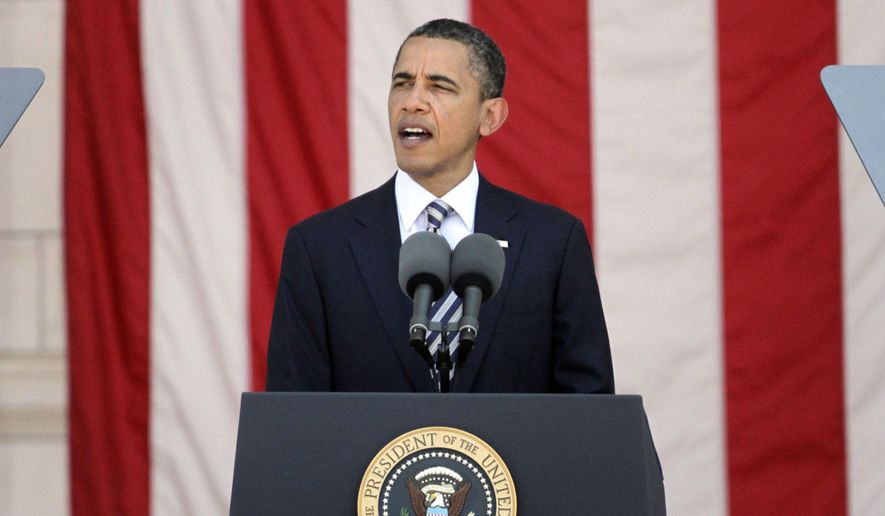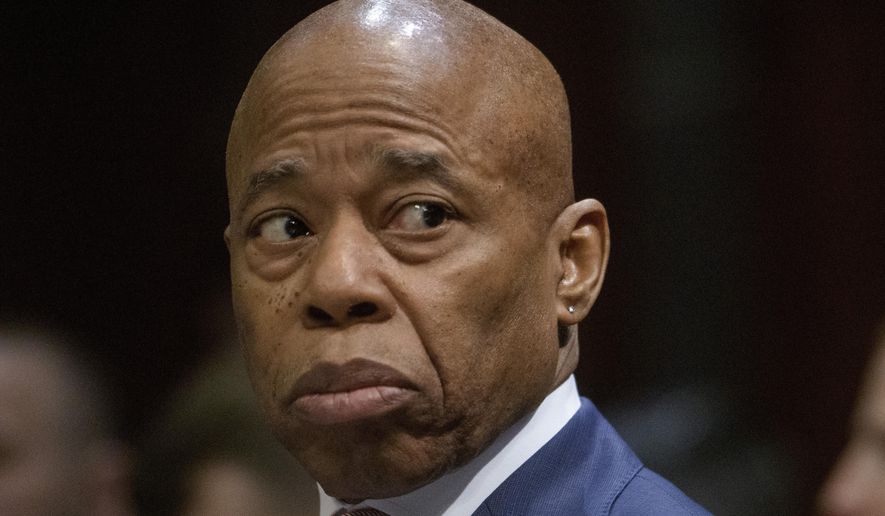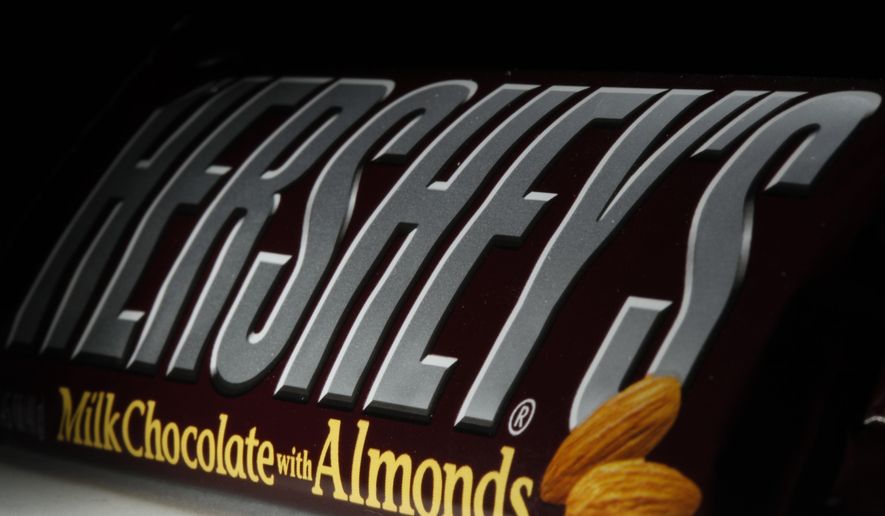Moscow, Russia — The chairman of Russia’s successful 2018 World Cup local organizing committee is stepping down amid allegations that he and other government officials supervised and financed state-sponsored doping, state-run media reported Wednesday.
Deputy Prime Minister Vitaly Mutko, who served as minister of sport from 2008 to 2016, is presently fighting a lifetime ban from the Olympics.
Alexey Sorokin, general director of the committee’s supervisory council, will now assume Mutko’s role as well. In a statement to Russian television network RT, he said he regretted that Mutko had resigned, but that the deputy prime minister would continue to supervise World Cup preparations.
“I am ready to work in both positions. There are no big difficulties. The project is almost done. There are operational activities where the functions of the chairman and the general director of the organizing committee will be similar, ” Sorokin said, according to RT.
In a statement, FIFA, world soccer’s governing body, thanked Mutko for his “invaluable contribution to the preparations for the competition” and said FIFA would continue working with the local organizing committee.
A former senator, Mutko also held the title of president of Russia’s Football Union, the governing body for soccer in the country, but he said Tuesday he would step down from that post as well to focus on litigation related to his Olympics ban, state-run media reported.
FIFA thanked Mutko for his decision, saying it was “made in the interests of the 2018 World Cup in Russia,” state-run media reported. Mutko stepping down will have no effect on the World Cup, FIFA said.
“I am not resigning and my mandate will be still valid,” Mutko said, according to RT. “I will definitely return after the six months, perhaps earlier.”
Mutko: ‘We are open and transparent’
Earlier this month, Russia was banned from the 2018 Winter Olympics in South Korea over the country’s “systemic manipulation” of anti-doping rules, though the International Olympic Committee said athletes who can prove they’re clean would be invited to Pyeongchang.
Russia’s Olympic Committee was also ordered to pay $15 million to reimburse the IOC’s costs of investigating the doping scandal and to help establish the Independent Testing Authority.
Also included in the punishment — one of the toughest ever handed down by the IOC — was a ban on Mutko and his former deputy, Yuri Nagornykh, attending any Olympics games.
Mutko has denied the existence of a state-sponsored doping program.
“I’m happy to go to any court, any disciplinary committee, anyone, and I’ll be happy to talk about the fact that there has never been and will never be any state programs related to doping in this country. We do not need that,” Mutko said during a December 1 news conference.
“We are open and transparent, and we are working with everyone in authority but also listen to what we are saying: We are playing by the rules.”
‘Credible and irrefutable evidence’
Following 2016 reports from Canadian lawyer Richard McLaren, the IOC established two commissions, one of them headed by former Swiss President Samuel Schmid, which issued a report confirming “systemic manipulation of the anti-doping rules and system in Russia.”
A parallel commission headed by IOC member Denis Oswald focused on specific athletes and led to lifetime bans for more than two dozens Russian athletes.
It also led to Russian athletes being stripped of 11 medals from the 2014 Sochi Games, dropping Russia from first in that competition’s medal table to fourth.
McLaren’s World Anti-Doping Agency-commissioned reports alleged that Russia’s doping scheme and coverup benefited more than 1,000 summer and winter athletes. The findings were based on the testimony of whistleblower Grigory Rodchenkov, the former head of the Moscow anti-doping laboratory.
Rodchenkov, who fled Russia in 2015 and is currently enrolled in an American witness protection program, claimed to have masterminded the doping and evasion infrastructure that peaked at the Sochi games.
“Dr. Rodchenkov provided credible and irrefutable evidence of the Russian state-sponsored doping system, which was ultimately supervised and financed by then-Minister of Sports Vitaly Mutko and other high-level government officials,” the whistleblower’s lawyer, Jim Walden, said at the time.
FIFA has previously said in a statement that the IOC’s decision has no impact on the World Cup.
The-CNN-Wire ™ & © 2017 Cable News Network, Inc., a Time Warner Company. All rights reserved. (Photo: Pixabay/ CC0 Creative Commons)





















